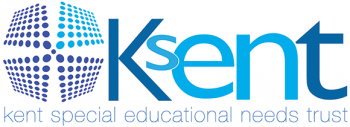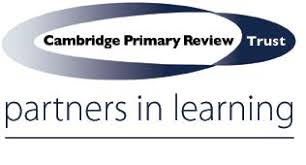Cognition & Learning
Cognition and Learning (C & L) difficulties cover a wide range of needs, including moderate learning difficulties (MLD) where all aspects of learning are affected, and specific learning difficulties (SpLD) where one or more specific aspects of learning are affected, such as dyslexia. If you have children with either moderate or specific learning difficulties, they fall under the ‘Cognition & Learning’ dimension of need.





